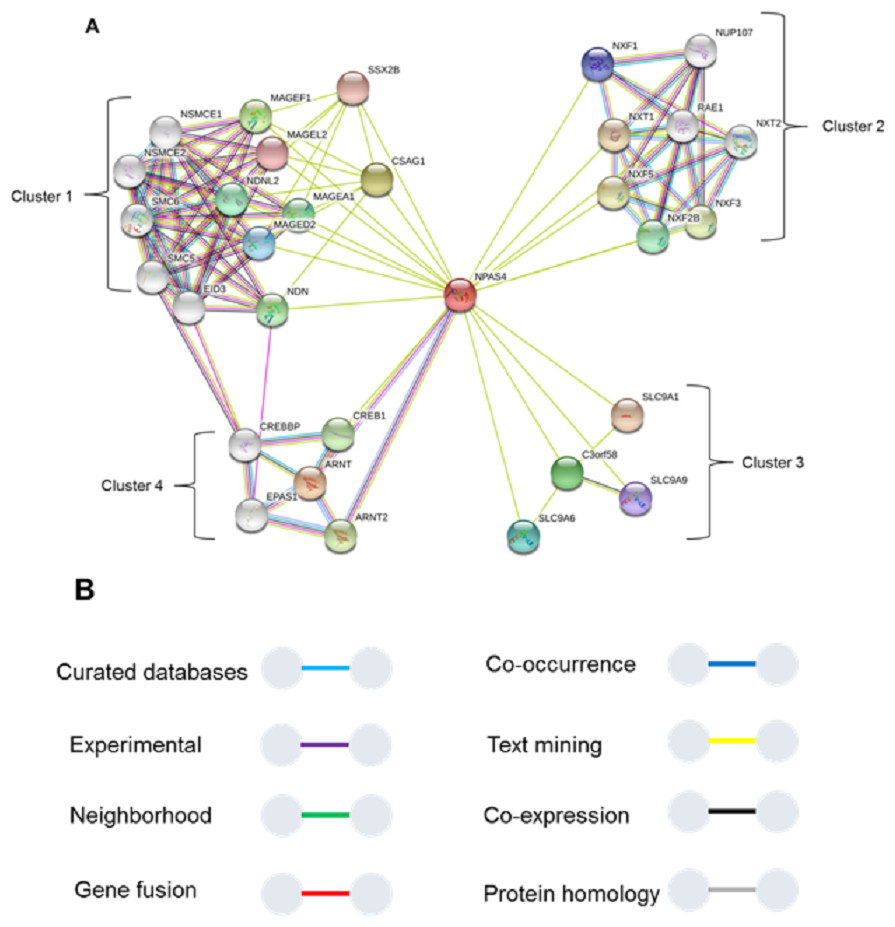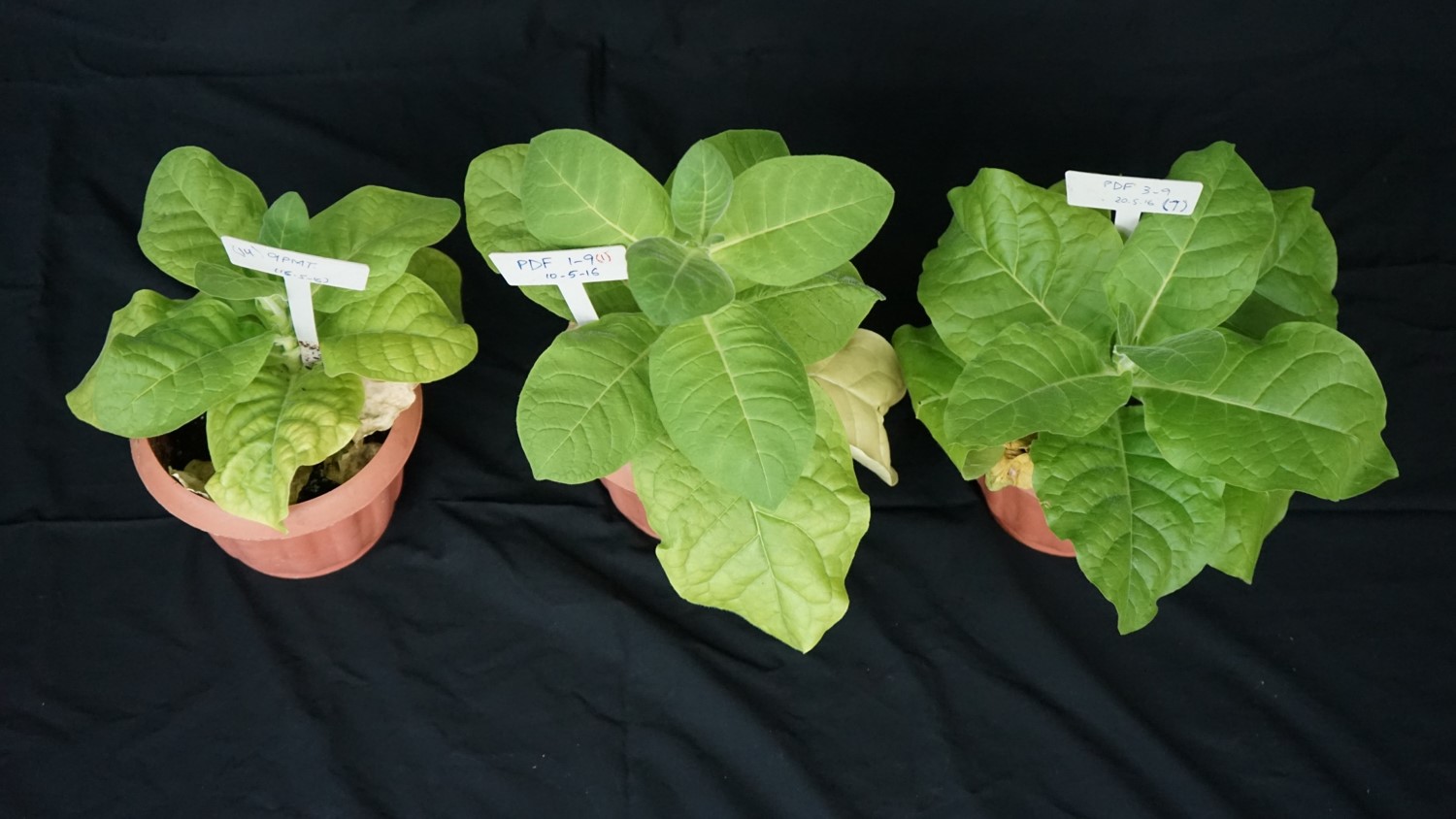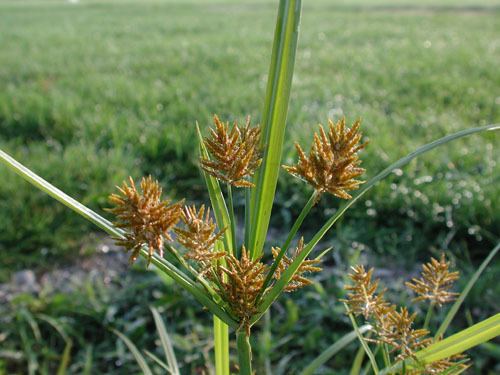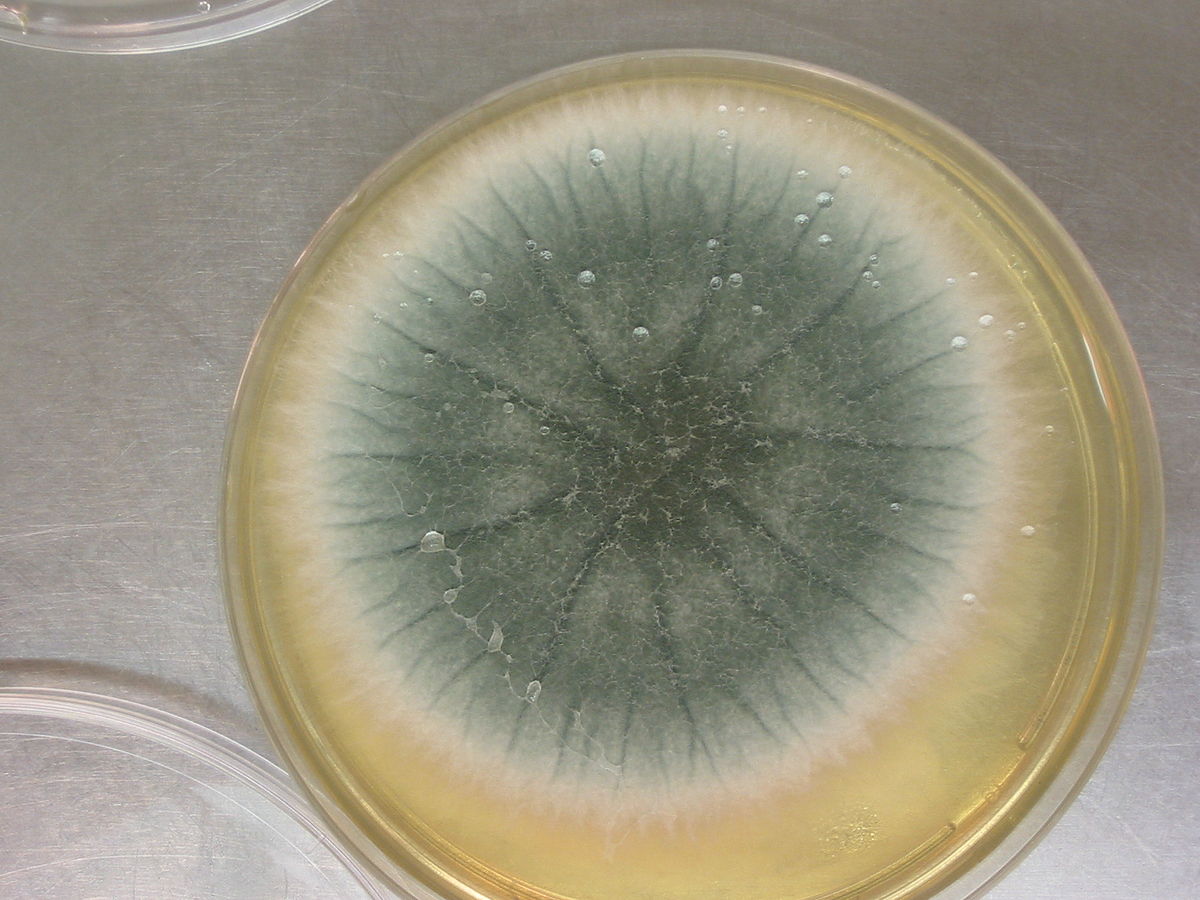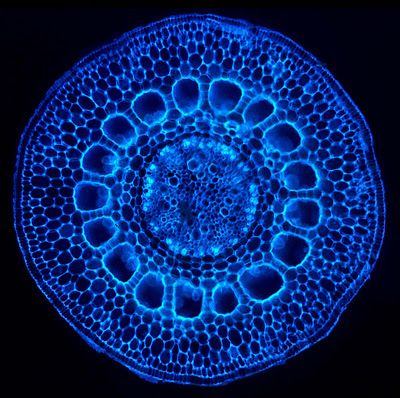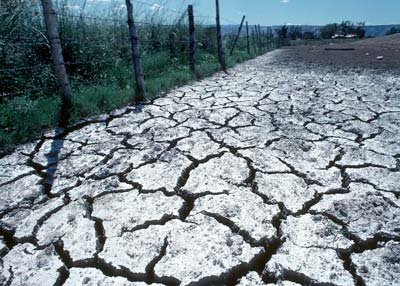Department of Agricultural Sciences & Technology
Agricultural Sciences & Technology is the unique area of science that allows the researchers to make precise changes to the plant at various levels, making it better adaptable to its environment. Over the years Agricultural Sciences & Technology has shown to play a vital role in the development and infrastructure of nations. The devastating threats to plants from natural as well as introduction of pathogens continue to challenge the crop production and environment globally. Advances in Plant biotechnology can help farmers feed the world’s increasing population, while reducing the impacts on the global environment. That is why researchers are enthusiastically adapting to the tools and technologies in this field by providing science based solutions to the increasing food and fuel security issues. The early detection of pathogens with precision is the first and foremost step in effective plant production and disease management. Moreover, understanding the physiology of plants, and appropriate usage of molecular tools for signaling networks involved in plant pathogen interactions, enable us to prepare long-term strategies to encounter these problems.
Pakistan being an agro-economic country has huge potential in terms of crop production and research in the area of agricultural biotechnology. Our department is playing an integral role in educating students of Agricultural Sciences & Technology by offering courses in a wide range of disciplines. We have a diverse composition of research groups having various national and international collaborations. These groups provide students opportunities to not only conduct research but to get an international exposure while working on a collaborated project. The department is also actively engaged in the collection, identification and characterization of pathogens (fungal, bacterial, and viral) of orchids from different orchards of Pakistan.
Agricultural Sciences & Technology Department of ASAB has recently signed a MoU with one of the leading academic/ research institutes of the world; Cornell University. This would strengthen international academic exchange and academic-research relationship along with the facilitation of collaborative research activities. The Department of Plant Biotechnology is consistently dedicated to promote sustainable solutions in the field of Plant Sciences through the correlative efforts of academia and industry.
Research Groups
- Phyloinformatics and Bioactivities of Medicinal Plants ( Muhammad Qasim Hayat)
- Plant virology, Diagnostics and validation of Plant Viruses (Dr. Muhammad Tahir)
- Food Security Research Group (Dr. Alvina Gul)
- Plant Defense Mechanisms (Dr. Nasar-um-Minallah)
- Plant Biotechnology and Fungal Virology (Dr. Muhammad Faraz Bhatti)
- Plant Cell Signaling (Dr. Rabia Amir)
- Plant Biochemistry and Molecular Biology (Dr. Faiza Munir)
- Soil-Plant Nutrient Interactions ( Ghulam Haider)

Head of Department Message
Dr. Muhammad Faraz Bhatti
It gives me immense pleasure to welcome you all to the Department of Plant Biotechnology in ASAB, NUST! Thank you for taking time to visit our Website. Green Biotechnology is undoubtedly one of the most exciting and rewarding areas of study available to students in the twenty first century. The Department of Plant Biotechnology offers programs, both at undergraduate and graduate levels, as we have a diverse range of research groups which help the students to acquire the skills to grow professionally in their desired research area. It is a multi-disciplinary field that integrates different research areas like Molecular biology, Bio-informatics, Plant Ecology and Immunology, Plant Genetics and Genomics, Pathology and Medicinal Plants to name a few. The research culture and academic environment at Department of Plant Biotechnology facilitates the research scholars to showcase and groom their talentnot only build on their basis, rather rise like an independent researcher. From economic perspective, the field of Plant biotechnology plays a significant role in today’s economy of nations by offering its potential for agrochemical, seed, and food processing and pharmaceutical industries. Speaking of industries, plant biotechnology is a strong pillar of agriculture industry in Pakistan. Molecular genetics is crucial an interesting tool toin introduceing variations in crop plants making them more desirable. Some of the conventional yet crucial products of biotechnology include disease and herbicide resistance and genes that impact quality of the food produce. Our department is not only working actively in these lines but now we are stepping incollaborating with pharmaceutical industry as well byfor developing development of plant based vaccines. One of the most important application of plant biotechnology in agriculture is its relevance not only to provide and ensure availability of environmentally sustainable food supplies of food products but also to provide accessible advanced yet economically viable technology to address crop stress related issues. Keeping these in mindCurrent research efforts in from the department are more dedicated towards solving the problems at hand and providing solutions that benefits the countryscience-based food security and viability issues which are environmental friendly, eventually benefitting the country. This is the right time to harness the potential that plant biotechnology holds for us. As the department head, I along with the Faculty am striving to build a long-standing relation with our students to support them and put our best interest into their academic and career growth. Our research efforts are consistent and aligned with the needs and advancements required in the field of applied plant sciences as well. Please do not hesitate to contact us should you have any questions. I wish you all the best in Life. Dr. Muhammad Faraz Bhatti (HoD Plant Biotechnology)
Read More


